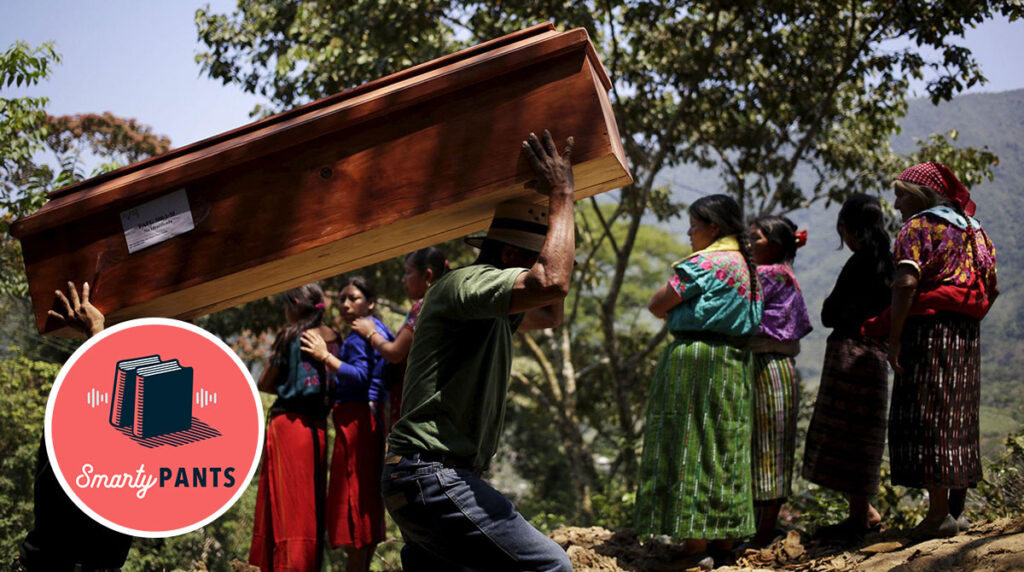Listening to the Dead
Alexa Hagerty on how forensic anthropology exhumes crimes against humanity

There are mass graves all over Latin America, but the concentration of dead and disappeared in Guatemala and Argentina is staggering: more than 200,000 killed by the state in Guatemala’s 36-year conflict, known simply as “La Violencia;” up to 30,000 disappeared by the Argentine military dictatorship over the course of its reign of terror in the 1970s and ’80s. How does a country reckon with crimes against humanity? How do the families of the missing find the truth? “Forensic exhumation is practiced at the crossroads of two ways of thinking about the body,” anthropologist Alexa Hagerty writes, “as a scientific object to be analyzed for evidence of crimes against humanity, and as a subject, an individual, someone loved and mourned.” In her new book, Still Life with Bones, Hagerty documents her training with forensic teams in Guatemala and Argentina, where members have devoted their lives to unearthing the bones of the disappeared, reconstructing not only their skeletons but the stories of their lives.
Go beyond the episode:
- Alexa Hagerty’s Still Life with Bones: Genocide, Forensics, and What Remains
- Her latest on human rights and surveillance: “In Ukraine, Identifying the Dead Comes at a Human Rights Cost”
- If in Buenos Aires, take a day to visit the Museum and Site of Memory ESMA
- Guatemala’s dictator Efraín Ríos Montt slithered out of an 80-year conviction for genocide; Jayro Bustamante’s incredible film La Llorona imagines a different kind of justice for his fictional analogue
- In the experimental film Los Rubios, Albertina Carri investigates what happened to her parents during the Argentine dictatorship
Tune in every week to catch interviews with the liveliest voices from literature, the arts, sciences, history, and public affairs; reports on cutting-edge works in progress; long-form narratives; and compelling excerpts from new books. Hosted by Stephanie Bastek. Follow us on Twitter @TheAmScho or on Facebook.
Subscribe: iTunes • Stitcher • Google Play • Acast
Download the audio here (right click to “save link as …”)
Have suggestions for projects you’d like us to catch up on, or writers you want to hear from? Send us a note: podcast [at] theamericanscholar [dot] org. And rate us on iTunes! Our theme music was composed by Nathan Prillaman.

